I still regret cuddling up to my pet turtle, but what did I know?
The U.S. Centers for Disease Control is collaborating with the Pennsylvania State Health Department in an ongoing investigation of an outbreak of human Salmonella enterica serotype Paratyphi B var. L (+) tartrate + infections associated with pet turtle exposures (MMWR, 61(04);79).
Turtles have long been recognized as sources of human Salmonella infections and are a particular risk to young children (1). Although the sale or distribution of small turtles (those with carapace .jpg) lengths <4 inches [<10.2 cm]) has been prohibited in the United States since 1975 (with exceptions for scientific or educational purposes) (2), they are still available for illegal purchase through transient vendors on the street, at flea markets, and at fairs.
lengths <4 inches [<10.2 cm]) has been prohibited in the United States since 1975 (with exceptions for scientific or educational purposes) (2), they are still available for illegal purchase through transient vendors on the street, at flea markets, and at fairs.
During August 5, 2010–September 26, 2011, a total of 132 cases of human Salmonella Paratyphi B var. L (+) tartrate + infection were reported in 18 states. The median age of patients was 6 years (range: <1–75 years), 66% were aged <10 years, and 63% were female. No deaths were reported. Of the 56 patients interviewed, 36 (64%) reported turtle exposure. For 15 patients who could recall the type of turtle contacted, 14 identified turtles too small to be legally traded. Five samples of turtle tank water from patient homes tested positive for the outbreak strain (four from Pennsylvania and one from South Carolina). Investigation to trace the source of these turtles is difficult because the vendors are transient. These cases illustrate that small turtles remain a source of human Salmonella infections, especially for young children.
Although many reptiles carry Salmonella, small turtles pose a greater risk to young children because they are perceived as safe pets, are small enough to be placed in the mouth, and can be handled as toys. Despite a 30-year ban on small turtles, this ongoing outbreak suggests that ban enforcement efforts, as well as public education efforts, have not been fully successful and should be examined.
In 2010, in response to a 2007 lawsuit filed by the Independent Turtle Farmers of Louisiana, Inc. seeking to overturn the ban, a federal district court upheld the Food and Drug Administration’s authority to enforce the ban (3). Regulating the sale of small turtles likely remains the most effective public health action to prevent turtle-associated salmonellosis (4,5).
Reported by
Andre Weltman, MD, Aaron Smee, MPH, Maria Moll, MD, Marshall Deasy, Pennsylvania Dept of Public Health. Jeshua Pringle, MPH, Ian Williams, PhD, MS, Casey Barton Behravesh, DVM, DrPH, .jpg)
.jpg)
.jpg) Jennifer Wright, DVM, Div of Foodborne, Waterborne, and Environmental Diseases, National Center for Emerging and Zoonotic Infectious Diseases; Janell Routh, MD, Allison Longenberger, PhD, EIS officers, CDC. Corresponding contributor: Janell Routh, jrouth@cdc.gov, 404-718-1153.
Jennifer Wright, DVM, Div of Foodborne, Waterborne, and Environmental Diseases, National Center for Emerging and Zoonotic Infectious Diseases; Janell Routh, MD, Allison Longenberger, PhD, EIS officers, CDC. Corresponding contributor: Janell Routh, jrouth@cdc.gov, 404-718-1153.
References
CDC. Multistate outbreak of human Salmonella Typhimurium infections associated with pet turtle exposure—United States, 2008. MMWR 2010;59:191–6.
Code of Federal Regulations. Turtles intrastate and interstate requirements, 21 C.F.R. Sect. 1240.62 (2011). Available athttp://www.accessdata.fda.gov/scripts/cdrh/cfdocs/cfcfr/cfrsearch.cfm?fr=1240.62 . Accessed January 24, 2012.
Independent Turtle Farmers of Louisiana v. United States, 703 F. Supp. 2d 604 W.D. La (March 30, 2010). Available athttp://dockets.justia.com/docket/louisiana/lawdce/1:2007cv00856/103949 . Accessed January 24, 2012.
Harris J, Neil K, Barton Behravesh C, Sotir M, Angulo F. Recent multistate outbreaks of human Salmonella infections acquired from turtles: a continuing public health challenge. Clin Infect Dis 2010;50:554–9.
Cohen ML, Potter M, Pollard R, Feldman R. Turtle-associated salmonellosis in the United States. JAMA 1980;243:1247–9.
 Administration has banned the sale of these turtles since 1975.
Administration has banned the sale of these turtles since 1975.
.jpg) lengths <4 inches [<10.2 cm]) has been prohibited in the United States since 1975 (with exceptions for scientific or educational purposes) (2), they are still available for illegal purchase through transient vendors on the street, at flea markets, and at fairs.
lengths <4 inches [<10.2 cm]) has been prohibited in the United States since 1975 (with exceptions for scientific or educational purposes) (2), they are still available for illegal purchase through transient vendors on the street, at flea markets, and at fairs..jpg)
.jpg) Jennifer Wright, DVM, Div of Foodborne, Waterborne, and Environmental Diseases, National Center for Emerging and Zoonotic Infectious Diseases; Janell Routh, MD, Allison Longenberger, PhD, EIS officers, CDC. Corresponding contributor: Janell Routh, jrouth@cdc.gov, 404-718-1153.
Jennifer Wright, DVM, Div of Foodborne, Waterborne, and Environmental Diseases, National Center for Emerging and Zoonotic Infectious Diseases; Janell Routh, MD, Allison Longenberger, PhD, EIS officers, CDC. Corresponding contributor: Janell Routh, jrouth@cdc.gov, 404-718-1153.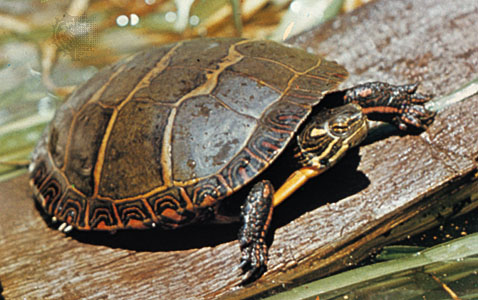 turtle might scratch her, a good thing.
turtle might scratch her, a good thing.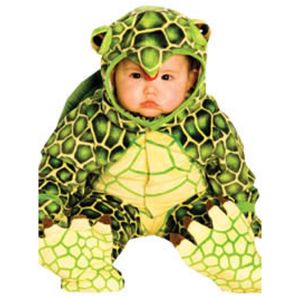 that can lead to illness. Washing hands after touching them is very important.
that can lead to illness. Washing hands after touching them is very important. operation, according to a statement by the U.S. attorney’s office.
operation, according to a statement by the U.S. attorney’s office.
 Martin Castellon from West El Paso said,
Martin Castellon from West El Paso said,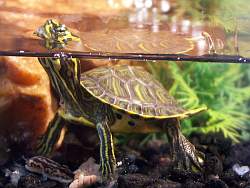 reptiles after two Eastern Iowans contracted salmonella.
reptiles after two Eastern Iowans contracted salmonella.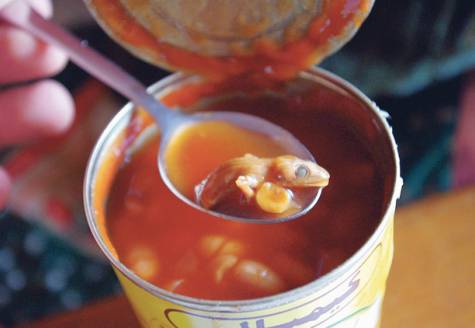 My ex-wife the veterinarian did a few cool things, in addition to the four daughters, and one was to surprise me with two kittens from the vet college at the University of Guelph. I named them Clark and Kent. I’ve hung out with dogs and cats ever since.
My ex-wife the veterinarian did a few cool things, in addition to the four daughters, and one was to surprise me with two kittens from the vet college at the University of Guelph. I named them Clark and Kent. I’ve hung out with dogs and cats ever since.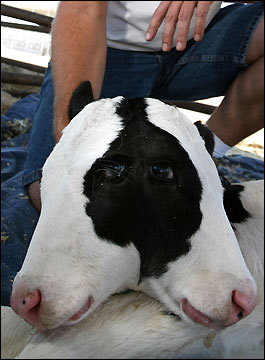 happened again in Egypt, where a farmer says his cow has given birth to a two-headed calf that he calls a "divine miracle."
happened again in Egypt, where a farmer says his cow has given birth to a two-headed calf that he calls a "divine miracle."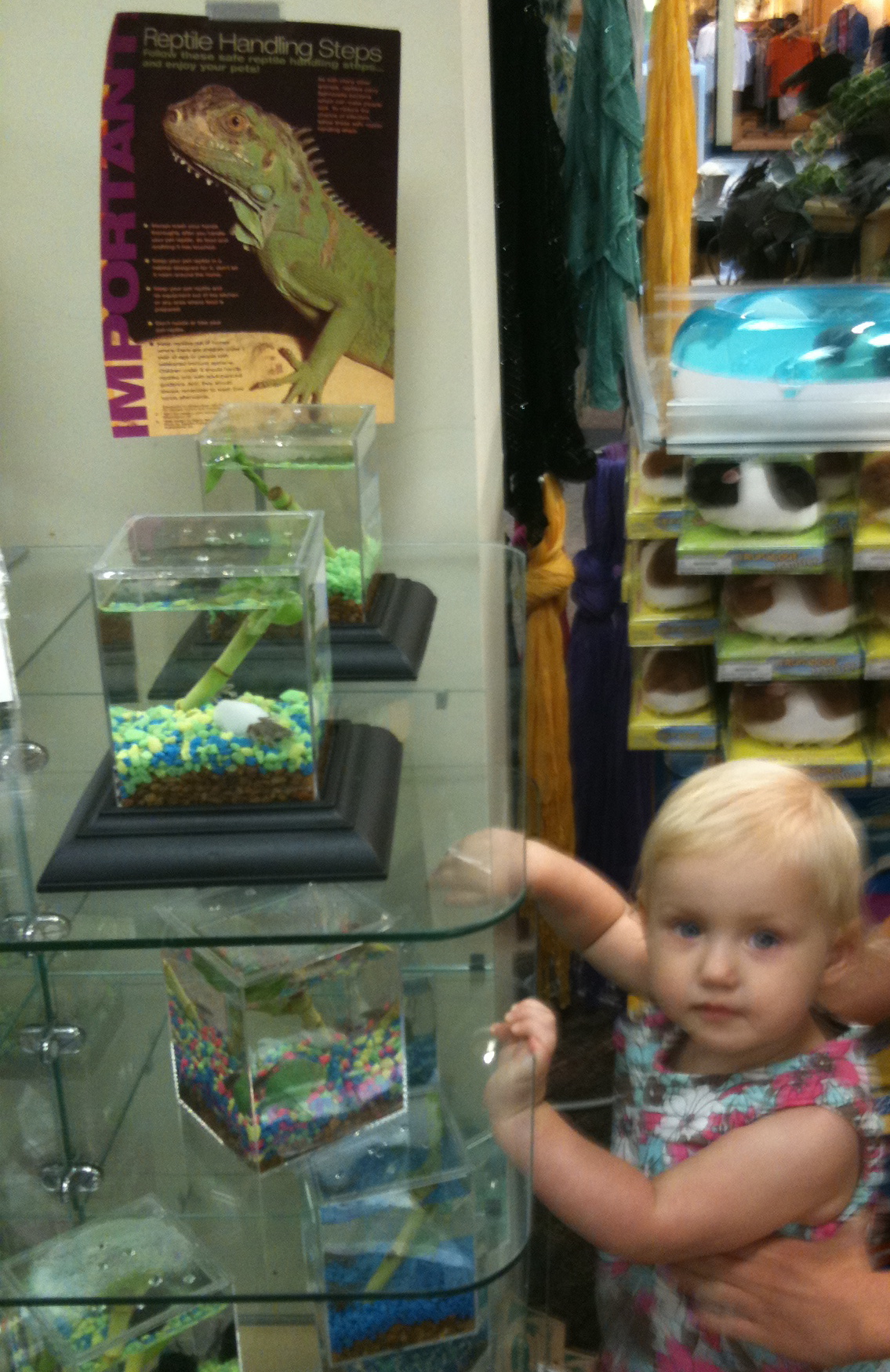 Accompanying the display was a clearly posted warning about handling reptiles. Although frogs are amphibians, I was delighted to see the information. I asked the store staff if I could take a picture. They were taken aback by the request but didn’t mind.
Accompanying the display was a clearly posted warning about handling reptiles. Although frogs are amphibians, I was delighted to see the information. I asked the store staff if I could take a picture. They were taken aback by the request but didn’t mind. .jpg) leatherback turtle.
leatherback turtle.